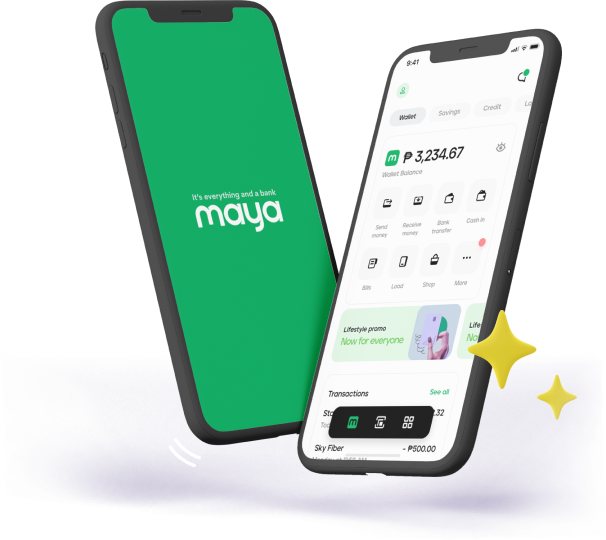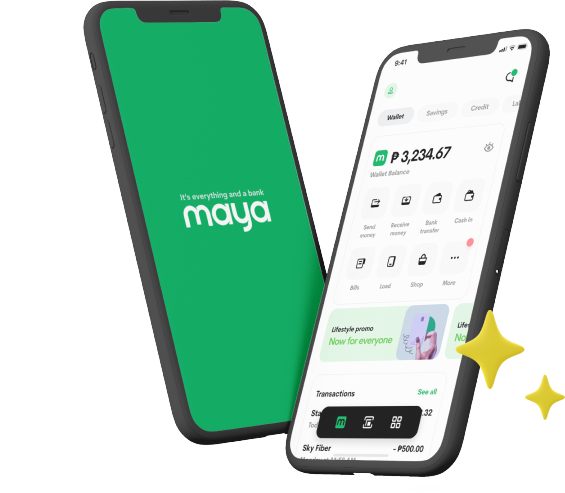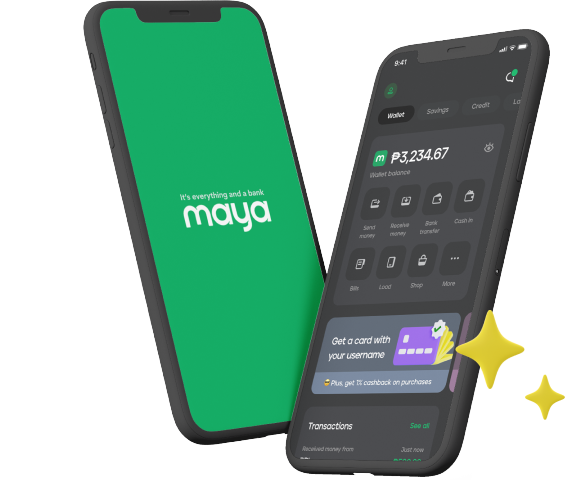7 Money-Saving Tips We Can Learn From The Chinese
If there’s one thing we can learn from the Chinese, it’s how to handle money. The way they manage their personal and household funds is the backbone of everyday decisions such as how they shop, what they buy, and more.
In celebration of Lunar New Year, here are seven lessons you can apply to your life to improve your financial standing!
#1 Maintain a frugal lifestyle

Don’t buy extravagant goods like designer purses or fancy coffee just because you can afford it!
Here’s a tip: before making a purchase, weigh the benefits of the item you want to buy against the other things you can do with the money you’ll spend. For example, you could spend P2,000 on a new dress you’ll wear once or twice, or add it to your emergency fund for future use.
#2 Cook at home
There are a lot of benefits to cooking your own meals. Sure, it’s a lot of effort, but it’s less expensive than getting take out and also pushes you to eat healthier (less preservatives, more fresh ingredients).
Done right, cooking breakfast or dinner can even serve as a daily bonding ritual for you and your family members!
#3 Learn the art of haggling to get things for a good deal

When shopping at the local ukay-ukay or public marketplace, sometimes haggling for a better price is necessary.
The tawad culture is strong in the Philippines, and there’s no shame in doing so, as long as it doesn’t harm the business of the vendors you transact with. Do your research beforehand and find out the reasonable price range for the items you want to buy!
#4 Reduce, Reuse, Recycle

Before throwing something away, always ask: can it be reused? For example, used glass jars may be recycled into a desktop pen holder, and an empty coke bottle can be used to make an EcoBrick.
This is a good way to cut down on your household’s non-biodegradable trash and save money on additional purchases in the future!
#5 Have other sources of income

It’s always a good idea to have more than one income stream. After all, you can never have enough in your savings fund.
Keep your day job, but always be on the lookout for opportunities to make a bit of extra cash, whether through freelancing or setting up a small side business. Start by making a list of your marketable skills and searching for side hustle ideas online in your free time!
#6 Teach financial wellness lessons to children

As soon as your kids are old enough to understand most of what goes on in the world around them, it’s time to teach them about money.
Introduce the idea in baby steps: that the things like the television and lights cost money, that money needs to be earned by working, and build up to the importance of creating their own personal savings.
You can even allot small monetary rewards with every chore they complete as a means of starting their personal savings. The important thing is to balance learning with keeping things fun and lighthearted!
#7 Watch out for freebies, discounts, promos, and sales

Keeping tabs of occasions, opportunities, or platforms that offer a lot of discounts and rewards is a big part of being frugal.
Some examples are shopping for Christmas gifts early to avoid the holiday price hike and using a rewards card to earn consumable points. Either way, the smartest shopper wins!
Start your savings journey this Chinese New Year with PayMaya!
Earn cashbacks when you purchase prepaid load from the PayMaya Shop or #ScanToPay with PayMaya QR, avail of limited-offer travel deals, get online shopping discounts with exclusive promo codes, and more.
Head over to PayMaya.com/deals for more information on our latest promos!




